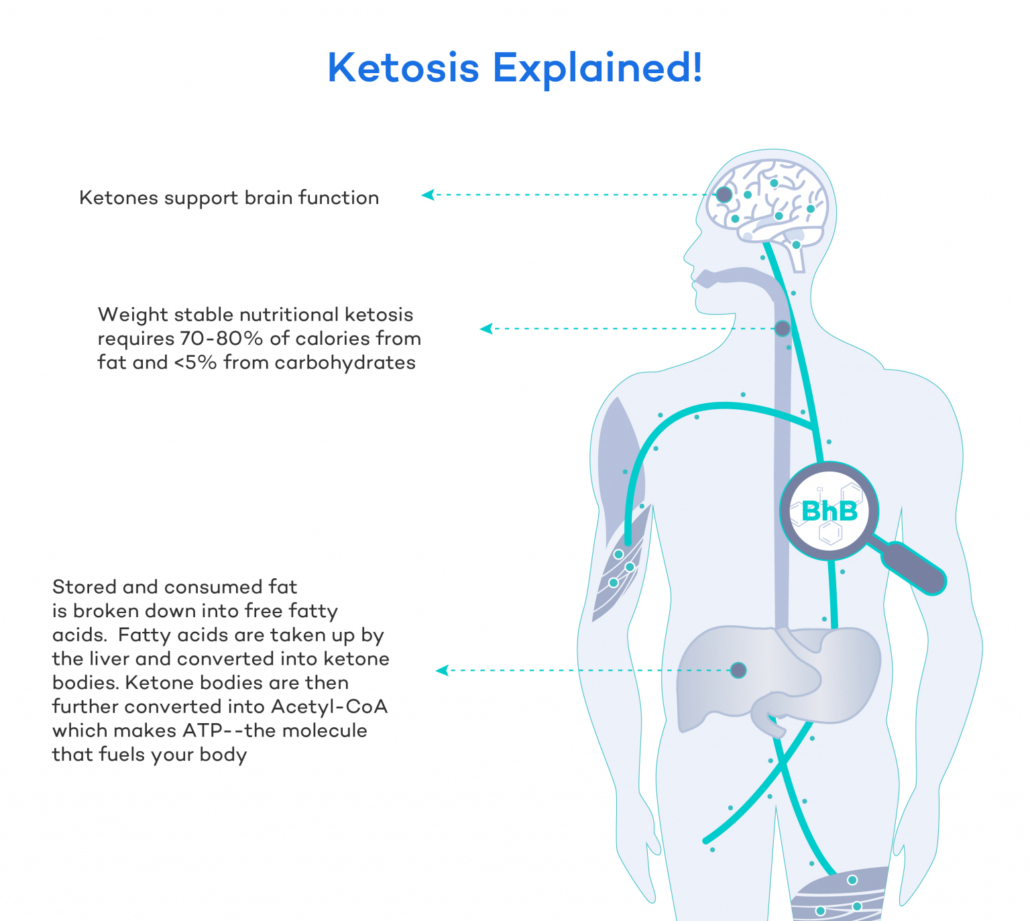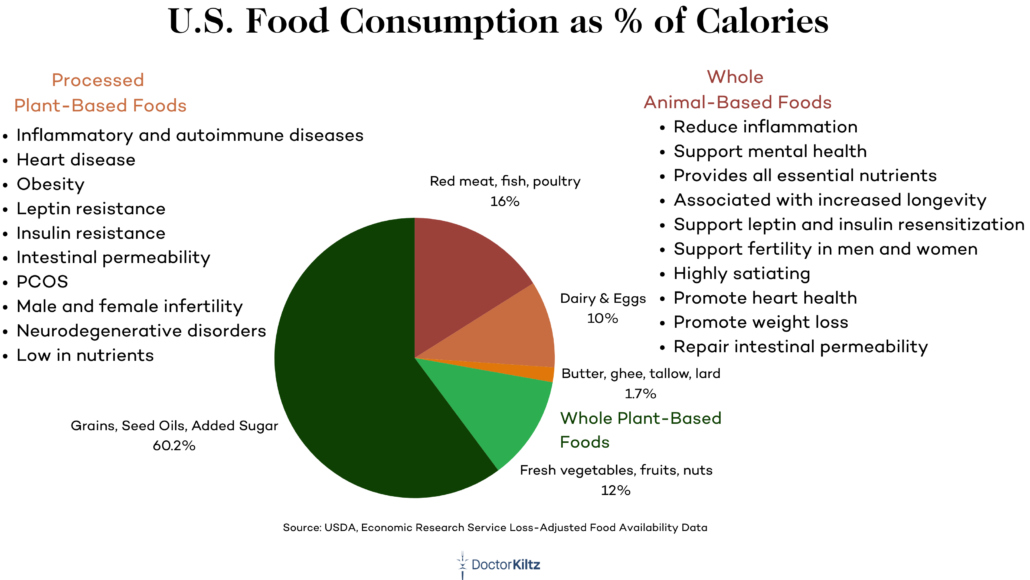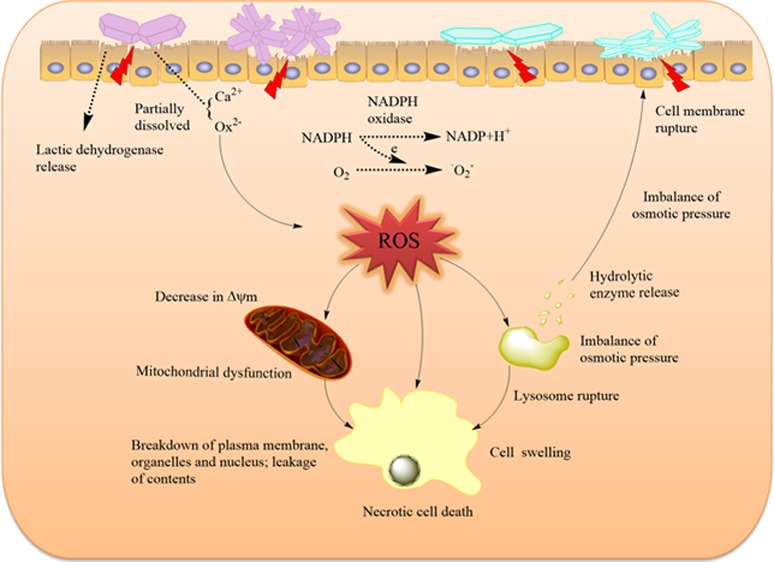We include products in articles we think are useful for our readers. If you buy products or services through links on our website, we may earn a small commission.
What is the Dr Berg Keto Diet? How To and Review

The ketogenic diet has been around for at least 100 years, but only since around 2010 has keto emerged as a bonafide nutritional movement, helping countless people reclaim their metabolic health, lose weight, and enhance overall well-being. The popularity and widespread adoption of keto can be largely attributed to enthusiastic proponents, from health experts to social media influencers. Dr. Eric Berg is both. Dr. Berg reaches over 10,000,000 YouTube subscribers and has personally worked with over 40,000 people using an approach that he calls “Healthy Keto®” combined with intermittent fasting.
In this article, we’ll explain what the Dr. Berg Keto diet is, how it works, and the possible benefits and drawbacks of this particular approach to a low-carb, high-fat lifestyle.
Table of Contents
Who is Dr. Berg
Dr. Eric Berg is a popular proponent of the ketogenic diet; however, he is not an actual medical doctor like other keto and carnivore enthusiasts such as Dr. Robert Kiltz, Dr. Paul Saladino, Dr. Anthony Chaffe, and Dr. Ken Berry.
Dr. Berg earned a Doctor of Chiropractic degree in 1988 from Palmer College of Chiropractic in Davenport, Iowa. Chiropractors do not have an M.D. degree, so they aren’t medical doctors, dietitians, or physicians.
After practicing chiropractic for 29 years, Dr. Berg became a full-time YouTube blogger who bills himself as “one of the top ketogenic diet experts in the world.”6
What is a Ketogenic Diet?
A ketogenic diet is a way of eating that triggers the body to turn dietary and body fat into powerful energy molecules called ketones.

To produce ketogenesis, keto diets call for limiting the intake of carbohydrates to less than 60 grams per day. At the same time, they require getting around 70% of your calories from fat and the remainder from protein.
| Percent of total calories (2000 daily) | Macronutrient |
| 70-80% | Fat |
| 15-30% | Protein |
| 0-10% | Carbohydrates |
In contrast, if you’re eating a standard American diet, you’re consuming about 50% of calories from carbohydrates, mostly from grains and added sugars. [6] This amounts to around 235 grams of carbohydrates per day on a 2000-calorie diet.

What is Dr. Berg’s “Healthy Keto” All About?
Dr. Berg advertises his approach to keto as “Healthy Keto.” According to Dr. Berg, traditional approaches to keto are too focused on macronutrient ratios and don’t focus enough on the quality of food and ingredients.
The result, according to Dr. Berg, is that you may rapidly lose weight and reduce epileptic symptoms, but you won’t maximize the potential of keto, and you may not even improve your overall health.
To protect against the impacts of unhealthy “keto” foods, Dr. Berg’s diet eliminates all processed and genetically modified foods, along with gluten products, unhealthy trans fats, and synthetic vitamins.
At the same time, to unleash the full, transformative potential of keto, Dr. Berg calls for centering the keto diet around pasture-raised red meat, wild-caught fatty fish, seafood, organic eggs and poultry, organic full-fat dairy, and organic low-carb vegetables.
Following these rules reframes the approach to keto from losing weight to get healthy, to getting healthy to lose weight.
This is a clinically valid view, considering that studies on the Mediterranean keto diet for obese people found that all participants reversed metabolic disorders (and lost some weight) even though they were still clinically obese at the end of three months.[21]
Though Dr. Berg’s emphasis on eliminating healthy processed foods and consuming only high quality whole foods is good advice, it hardly constitutes a unique approach to keto. Granted, there is a trend called dirty/lazy keto, where it’s all about ratios, but this approach is an outlier. Most low-carb, high-fat dieters are already very conscious about food quality.
Dr. Berg’s “Healthy Keto” Rules
To help dieters get the most out of their low-carb lifestyle, Dr. Berg created a list of simple rules:
- Center your meals around grass-fed beef. Add variety with wild-caught fish, high-quality eggs, and organic poultry and dairy.
- Eliminate grains, sugar, and starches.
- Avoid nearly all fruits, except for avocados, and moderate consumption of black and raspberries.
- Practice intermittent fasting by confining your calories to one or two meals a day consumed within a strict timeframe.
- Eat 4-5 eggs a day[15]
Dr. Berg recommends a gradual approach to reducing carbs and increasing fat. He warns that when you increase fat quickly, you run the risk of overwhelming your gallbladder. The gallbladder has to increase bile production needed to digest more fat. At the same time, the smooth muscle of the gallbladder needs to strengthen in order to process the fat.
If you’re experiencing side effects like indigestion, nausea, or diarrhea you may want to supplement with ox bile and/or Betaine HCL.
Dr. Berg’s 7 Healthiest Foods
Though Dr. Berg’s views are consistently inconsistent, AKA evolving, here is one of his various lists of “the healthiest foods” to eat on his version of keto:
- Grass-fed beef
- Fatty, wild-caught fish like wild salmon
- Shellfish: Clams, oysters, mussels, shrimp, lobster
- Eggs: Buy the highest-quality you can find. Pasture-raised and organic are best. Be sure to eat the yolk; this is where the majority of nutrients reside.
- Fermented vegetables such as sauerkraut and kimchi because they provide probiotics.
- Leafy greens: arugula, spinach. 7-10 cups per day.
- Herbal vegetables: Garlic, onion, sage, and oregano because Dr. Berg believes they provide various compounds that may be beneficial.
Potential Health Benefits of the Dr. Berg Keto Diet
Though Dr. Berg’s version of keto hasn’t been clinically studied, there is a vast and growing body of research on the keto diet in general. Studies show that keto can provide numerous and powerful health benefits, including:
- Improved cholesterol and triglyceride levels. [1]
- Increased insulin sensitivity [2]
- Increased leptin sensitivity
- Can reverse symptoms of type 2 diabetes
- Resolves metabolic syndrome [3]
- Resolves PCOS [4]
- Can enhance the treatment of certain cancers [5]
- Reduces the severity and slows the progression of neurological disorders such as epilepsy, Alzheimer’s, and Parkinson’s disease [6] [7]
- Supports stable mood and has been shown to reduce the severity and even resolve acute psychiatric issues [8]
- Promotes weight loss [9]
- Reduces food cravings[10]
- Regulates inflammation [11] [12]
- Protects the glycocalyx, a membrane that covers the surface of every cell and plays a key role in overall health. The glycocalyx is damaged by high carbohydrate intake. [14]
Drawbacks to the Dr. Berg Keto Diet?
The Dr. Berg keto diet has a lot going for it, specifically its emphasis on cutting out processed foods and getting most of your calories from high-quality, nutrient-dense animal products. You could consider this diet animal-based, which is an ancestrally aligned way of eating.
However, consuming 7-10 cups of leafy greens and significant amounts of other vegetables daily is problematic. Vegetables are high in plant toxins and antinutrients as well as fermentable fibers.
Leafy greens, in particular spinach, chard, and beet greens (among others) are high in oxalic acid. Oxalates cause damage to the body in two ways.
- As abrasive compounds that can directly damage body tissue, especially the delicate mucosal lining of the intestines, and the kidneys.[15] [16] [17]
- Binding to and blocking the absorption of essential nutrients, including calcium, magnesium, and iron. [4] [5]
Many people turn to the keto diet for help resolving inflammatory disorders and digestive issues. Studies show that inflammatory conditions such as lupus, intestinal permeability, and rheumatoid arthritis may be worsened by a diet rich in oxalates. [11] [12] It follows that if you are serious about reducing inflammation, you’re better off leaving out the greens.

The Bottom Line on the Dr. Berg Keto Diet
Though not a medical doctor nor nutritionist, Dr. Eric Berg, has had a large influence on the global low carb community, mainly through his YouTube videos.
Dr. Berg promotes a version of keto that he calls “Healthy Keto” which shifts the focus from percentages of macronutrients to the quality of the foods that make up those macro ratios.
His diet is based around fatty meat, specifically beef, with the addition of wild-caught fish, eggs, organic dairy, and low-carb vegetables.





















